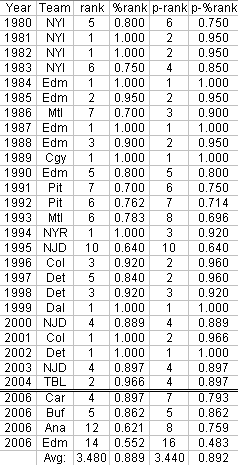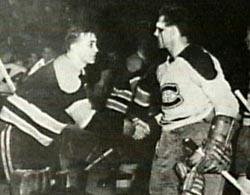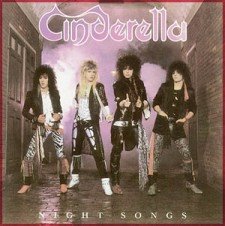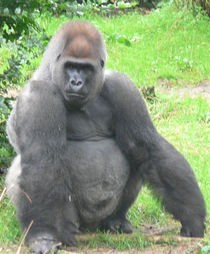Worst. Champion. Ever?
That point prompted me to make this handy chart:

The rank is the team's placement in the overall standings. The %rank is the percentage of teams below this team in the standings (included because 6th place in a 21 team league is not as impressive as 6th in a 30 team league). The p-rank is the team's Pythagorean standings rank, and the p-%rank is the % of teams below them in this regard.
It seems obvious that any of the four remaining teams would be below average Cup winners. However, a win by Buffalo and Carolina could not be considered anomalous. Anaheim or Edmonton, should they pull off a win, would clearly be the worst Cup winner (by this measure) since the playoffs were expanded to 16 teams.
It's easy to allow one's preseason expectations to cloud one's judgement of Buffalo and Carolina. You have to remember that the '03-04 season was a long time ago. It's not just the New NHL that made these clubs winners. Had there been an '04-05 season, we might have seen these teams make headway toward joining the elite. If we had seen some measure of progress between '04 and '06, (i.e. an intermediate season between 30- and 100-point efforts by Eric Staal) the Sabres & 'Canes success would be less jarring.
As for the suggestion that there 'are no elite teams,' the '06 Red Wings and Senators had the #3 and #4 best Pythagorean win% over the last 10 years. #1 was the '01 Devils and #2 was the '00 Blues. Neither of those clubs won the Cup either.
So, who is the worst Cup winner in recent memory? By the numbers, it's the '95 Lockout Devils. If you only consider teams that played a full season prior to the playoffs, the '91 or '92 Pens or the '93 Habs might be the one.
Noteworthy: Despite the advantages conferred by placing higher in the standings (home ice, matchups with lower seeds), the Pythagorean placement is still a slightly better predictor of Stanley Cup success.






